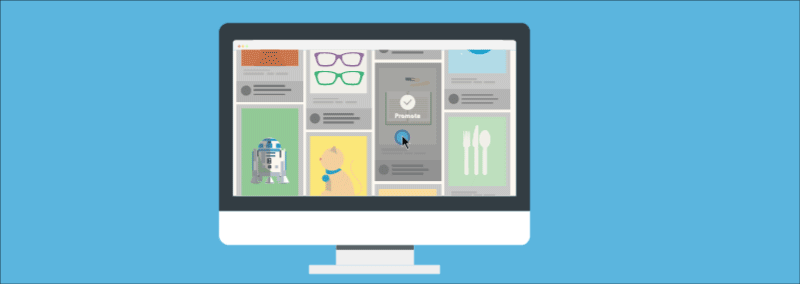
Your company website is an instrumental part of your brand and identity. It is most likely the first thing people see when they learn about your company and it is the first place people will look if they need to get in touch. It's therefore extremely important that you get your message across effectively and efficiently on your website.
Why is it important to educate customers?
Consumers will not buy a product they don't understand. If your customers feel intimidated, confused or overwhelmed, they will quickly lose interest and refer to a website which they do understand. It's therefore very important to make sure that you explain your product or services to your potential customers, especially if your business model, product or services is rather complex or uncommon.
Even if the inner workings of the product itself are highly technical and difficult to understand, you should explain in layman's terms why they need the product, why it's important and how they can use it. Take the instance of this wedding music band here where they've provided a list of their popular songs in the audio form where customers can simply play, listen, and select the best suitable songs for their special day. Such unique ways of educating your customers about your offerings will keep them motivated to choose you over others.
Educating your customers about your products and services will help them understand your product, why they need it and ultimately will encourage them to invest in it.
How do I ensure my website educates customers?
Think about your customers
Before you start designing or redesigning your website, you should take a step back and think about things from your customers' point of view. If you run a highly technical business, your customers are not likely to understand the complexities and technicalities of your products or services as you do. Think about what they know, what they need to know and how they would like the information presented to them. This will help you keep your website design and content relevant and informative.
Less is more
Keep the writing concise and to the point. Don't overload website visitors with too much information up front. You can always offer more detail in drop-down boxes or subsequent web pages for interested parties, but at first, you want to engage your audience and slowly gain their trust and commitment as they work through your site.
Use video
The video is a not only a fantastic way to engage audiences and grab their attention, but it's also a great way to provide a lot of useful information in a format that's easy to understand. In fact, the video actually boosts our information retention. Usually, when we hear something, we retain on average around 10% of the information. But when we hear something accompanied by relevant imagery on video, we retain an average of 65% of that information.
And if that wasn't enough good news, the video also reportedly increases the likelihood of people buying your products or services by 64-85%. So if your website doesn't already have an introductory video, you should seriously consider making one.
Keep it simple
We've already established that your average customer may not be an expert in the science and technology behind your product or services. So make sure that the language and terminology you use on your website is simple and easy to understand. You don't have to talk down to your audience but try to keep the language as user-friendly as possible. Avoid industry slang, acronyms and abbreviations, or if you do choose to use some of those things, make sure you explain what they mean.
Using long, unnecessary and overly technical terms may make you sound smart, but it will almost certainly disengage your audience. Keep the content relatable and allow your audience to join in the conversation.
Landing pages
If you have a number of different products or services on offer, it can be difficult to keep your website content concise and to the point. Landing pages are a fantastic way of separating different marketing campaigns and promoting your individual products or various product ranges.

A landing page is a stand-out page created specifically for a particular product or marketing campaign. If you're launching or advertising a product or service, the landing page will be the first the customer sees. If you're promoting more than one thing, you should have a separate landing page for each campaign.
Using different landing pages for your various products or services will allow you to keep your main homepage clutter free and as educational and informative as possible without overwhelming the audience with too much information.
Easy to navigate
In the digital age, our society's attention span is shorter than ever. We expect to get the information we want almost instantly at the click of a button. Consumers are therefore put off when a website is too difficult to navigate. They want to be able to find the right information within a few short clicks.
Including a simple navigation pane or menu is a fantastic way to help users explore your site. Like everything else on your site, keep this concise and user-friendly. Break your site down into categories that make sense and provide an FAQ and Contact Us section for any further queries.
Another fantastic way to help customers navigate your site is providing a search facility. This allows them to quickly pinpoint the exact section of your website that interests them which will fast-track them through the sales cycle and encourage them to commit or make a purchase once they find what they want.
Conclusion
Educating your customers is not about talking down to them. It's about making sure that they understand what your product is and why they should invest in it. When designing your website, keep your customers in mind at all times and make sure all your content is easy to understand. After all, if your customers don't understand your product, why would they pay for it?
Guest Author

Helen Cartwright is a passionate blogger, who excels in the Digital Marketing and Technology niche. When not wired in marketing strategies she ghost-writes for a variety of authors who have their work published on leading online media channels such as The Huffington Post and Entrepreneur.com.
